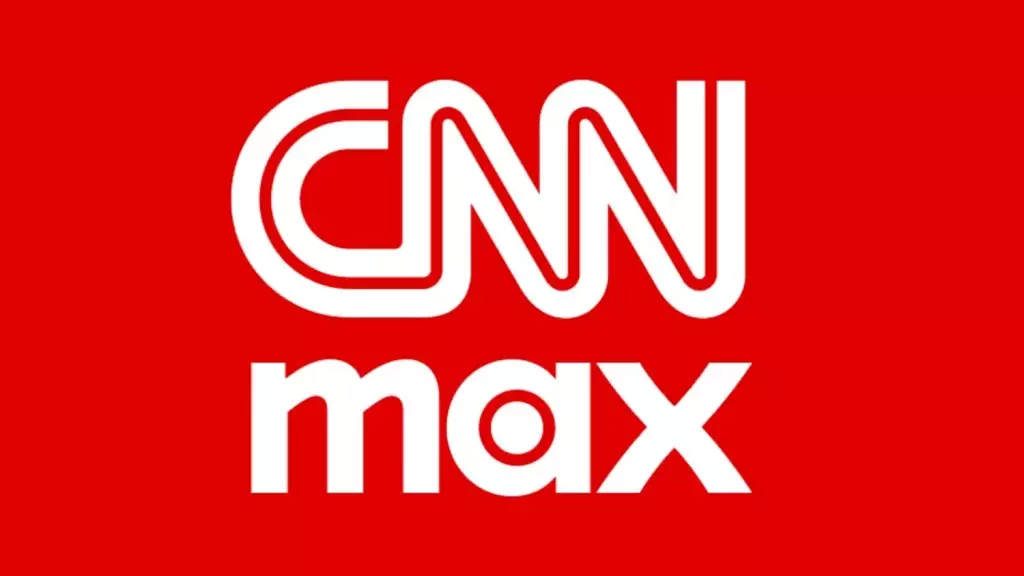DirecTV recently fired a warning shot at Warner Bros. Discovery, cautioning them about the potential violation of their contract if they include CNN in their streaming package. The conflict arose when CNN launched its new streaming platform, CNN Max, last week on WBD’s Max streaming platform. Concerns emerged from cable and satellite providers, who pay substantial fees to content programmers, about news networks offering streaming services beyond their existing customer base. In response, DirecTV alerted Warner Bros. Discovery about this potential infringement of their agreement.
Unlike its previous failed endeavor, CNN+, CNN Max closely mirrors the programming schedule of CNN’s traditional cable channel. Alongside this similarity, CNN Max also offers original programming and access to the CNN Originals library. This emulation of cable TV has not been well received by cable and satellite providers. Their reservations are understandable, as it challenges the established pay-TV model.
CNN Max defends its streaming strategy, asserting that it primarily relies on the CNN International feed. This international feed operates under a different agreement from traditional CNN and, therefore, may not pose the same contractual violations as its cable counterpart. Additionally, CNN Max argues that their streaming audience is significantly younger, thus expanding CNN’s reach to previously untapped demographics. Warner Bros. Discovery remains tight-lipped regarding DirecTV’s letter but stresses the importance of maintaining strong relationships with their affiliate partners and emphasizes their intention to attract new audiences through the CNN Max platform.
The conflict between DirecTV and Warner Bros. Discovery is not the first clash between content providers and streaming platforms. Disney recently engaged in a contentious battle with cable operator Charter, which ultimately resulted in an agreement to offer Disney+ and ESPN+ to cable customers at no additional cost. Furthermore, Charter subscribers will also gain access to ESPN’s standalone streaming version upon its release. Whether DirecTV plans to follow a similar path remains uncertain, as the company’s future actions are still unknown.
As the streaming landscape continues to evolve and competition intensifies, clashes between traditional cable providers, satellite companies, and streaming platforms are likely to become more frequent. The age-old model of pay-TV is being disrupted, forcing all parties involved to adapt or risk being left behind. Cable and satellite providers must reassess their value proposition and find innovative ways to retain customers in an era dominated by streaming giants.
The warning from DirecTV to Warner Bros. Discovery regarding the inclusion of CNN in their streaming package highlights the ongoing tensions within the entertainment industry. While CNN Max defends its strategy as an attempt to reach new audiences, cable and satellite providers remain concerned about the potential violations of existing contracts. This conflict mirrors previous battles between content providers and streaming platforms, such as Disney’s recent dispute with Charter. As the streaming landscape continues to transform, the clash between traditional television and streaming will likely persist. Amidst these disputes, evolution and adaptation are essential for all players in the industry to thrive and secure their place in the new era of entertainment.

